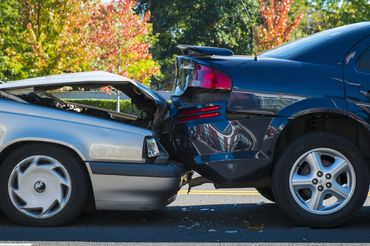
Sudden emergency doctrine is a defense that a defendant can use after getting involved in a car accident to invalidate injury claims. The application of the doctrine by courts is strict and certain legal thresholds must be met. This calls for proper comprehension of the doctrine and knowledge of the unexpected sudden emergencies, such as medical conditions, which a defendant can cite in court.
Sudden Emergency Doctrine: What Does It Entail?
The sudden emergency doctrine states that if a driver causes an accident due to a sudden and unexpected emergency, he or she won’t be charged with negligence and/or found liable for the injuries. The emergency may have occasioned physical or mental paralysis, leaving him or her unable to take control of the vehicle.
The doctrine can be hard to prove in court. A car accident lawyer can negotiate and prepare a solid defense on the affected driver’s behalf.
For the defendant to successfully use the doctrine, three key elements must come out clearly. They include:
- A proof that the defendant faced a sudden and unexpected scenario;
- The defendant didn’t cause the event;
- The defendant acted reasonably prudent during the whole situation, including avoiding common after-crash mistakes.
Examples of Sudden Emergencies
The defendant must prove that the accident qualifies as a sudden emergency and couldn’t be reasonably predicted. Weather conditions, such as icy roads, bright sunlight, or solar glare, don’t usually constitute sudden emergencies.
Acceptable sudden emergencies are mainly unexpected medical emergencies like heart attacks and unexpected pedestrians or children. Other sudden emergencies include animals crossing the street and the sudden falling of objects on the car.
Sudden Medical Emergencies
Medical conditions, such as seizures, heart attacks, and strokes, can lead to a blackout while driving and result in a car accident. A driver who experiences any medical condition that leads to blackout while driving may use sudden medical emergency defense. The defendant needs to prove beyond reasonable doubt that he or she was unaware of having any pre-existing condition that may have led to the medical emergency.
The sudden emergency defense may not apply if the medical emergency that inhibited the driver was foreseeable based on the driver’s past or current medical records. For the claim to legally hold, the judge and jury need to give a verdict that the medical emergency was indeed unexpected.









